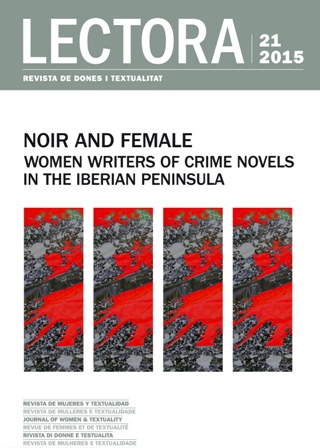Le filosofe e i maestri. Quel che non abbiamo raccontato
Paraules clau:
Filosofe, maestro, discepolato, autorità, pensiero della differenza, Péguy, CollinResum
Il saggio mostra un altro modo possibile di intendere il rapporto con i maestri. La tesi è che il rapporto di autorità non è, non deve essere vincolato all’uniformità, a un modello unico da conservare in maniera indifferenziata. Deve essere tale da aprire alla libertà dell’altro e costruire la sua autonomia. Il vero maestro è in grado da far dimenticare gli sforzi e le fatiche che hanno aperto alla libertà dell’altro, che non deve porsi nella condizione di eterno debitore e allievoripetitore. Attraverso la lettura di Péguy, la riflessione comune all’interno della Scuola Estiva della Differenza, la prossimità con Françoise Collin, la relazione tra le filosofe e i maestri non trova il suo inveramento in una incondizionata libertà né in una necessità vincolante e sottocondizione, ma trova la sua vitalità in un punto di realtà che è il lavoro ben fatto.
Descàrregues
Publicades
Com citar
Número
Secció
Llicència
Els autors i les autores conserven els drets d’autoria i atorguen a Lectora: revista de dones i textualitat el dret de difusió. L'’obra serà disponible simultàniament sota una Llicència de Reconeixement-NoComercial- SenseObraDerivada de Creative Commons que, si no si indica el contari, permet compartir l’obra amb tercers, sempre que aquests en reconeguin l’autoria i la publicació inicial en aquesta revista.
Els autors i autores són lliures de fer acords contractuals addicionals independents per a la distribució no exclusiva de la versió de l’obra publicada a la revista (com ara la publicació en un repositori institucional o en un llibre), sempre que se’n reconegui la publicació inicial en aquesta revista.
S’encoratja els autors i autores a reproduir la seva obra en línia (en repositoris institucionals, temàtics o a la seva pàgina web, per exemple), amb l’objectiu d’aconseguir intercanvis productius i fer que l’obra obtingui més citacions (vegeu The Effect of Open Access, en anglès).




